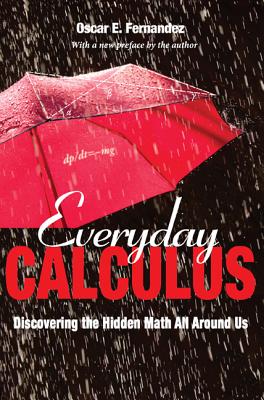Expedite your nonfiction book discovery process with Readara interviews, summaries and recommendations, Broaden your knowledge and gain insights from leading experts and scholars
In-depth, hour-long interviews with notable nonfiction authors, Gain new perspectives and ideas from the writer’s expertise and research, Valuable resource for readers and researchers
Optimize your book discovery process, Four-to eight-page summaries prepared by subject matter experts, Quickly review the book’s central messages and range of content
Books are handpicked covering a wide range of important categories and topics, Selected authors are subject experts, field professionals, or distinguished academics
Our editorial team includes books offering insights, unique views and researched-narratives in categories, Trade shows and book fairs, Book signings and in person author talks,Webinars and online events
Connect with editors and designers,Discover PR & marketing services providers, Source printers and related service providers

Everyday Calculus: Discovering the Hidden Math All Around Us
Mathematics > Calculus
- Princeton University Press
- Paperback
- 9780691175751
- 9.1 X 6 X 0.6 inches
- 0.6 pounds
- Mathematics > Calculus
- (Single Author) Asian American
- English
Readara.com
Book Description
A fun look at calculus in our everyday lives
Calculus. For some of us, the word conjures up memories of ten-pound textbooks and visions of tedious abstract equations. And yet, in reality, calculus is fun and accessible, and surrounds us everywhere we go. In Everyday Calculus, Oscar Fernandez demonstrates that calculus can be used to explore practically any aspect of our lives, including the most effective number of hours to sleep and the fastest route to get to work. He also shows that calculus can be both useful--determining which seat at the theater leads to the best viewing experience, for instance--and fascinating--exploring topics such as time travel and the age of the universe. Throughout, Fernandez presents straightforward concepts, and no prior mathematical knowledge is required. For advanced math fans, the mathematical derivations are included in the appendixes. The book features a new preface that alerts readers to new interactive online content, including demonstrations linked to specific figures in the book as well as an online supplement. Whether you're new to mathematics or already a curious math enthusiast, Everyday Calculus will convince even die-hard skeptics to view this area of math in a whole new way.
Author Bio
Professor Fernandez is an applied mathematician by training. His main research field is geometric mechanics, which applies advanced mathematical tools and techniques to study the dynamics of various types of systems (e.g., mechanical systems). More recently, he has been applying those tools and techniques to shed new light on problems in mathematical demography, including how life span inequality changes across time and species.
Professor Fernandez also has a passion for teaching and aspires to make mathematics accessible, engaging, and understandable. He employs a systems thinking approach to operationalize these ideals, designing programming and creating resources that leverage and synergize the connections among students, faculty, and staff.
For example, in 2012, he co-founded the Wellesley Emerging Scholars Initiative (WESI), a program that provides underrepresented students of color studying mathematics with a learning community centered on excellence in mathematics. WESI received funding from the Mathematical Association of America-Tensor SUMMA and in 2015 was named a Bright Spot in Hispanic Education by the White House Initiative for Educational Excellence for Hispanics. Professor Fernandez is also the author of Everyday Calculus (2014), The Calculus of Happiness (2017), and Calculus Simplified (2019), all published by Princeton University Press.
The first two books uncover the mathematics hidden behind everyday events and activities, making mathematics accessible and personally relevant to a large audience. Professor Fernandez’ latest book, Calculus Simplified, teaches college-level first-semester calculus assuming no prior knowledge of transcendental functions. (Such content is still covered in the book but optional.) This approach makes calculus accessible to students with as little as an Algebra II background.
Research Interests
Research is in geometric mechanics (specifically, nonholonomic mechanics) and in mathematical demography. Presently researching quantum nonholonomic mechanics as well as the applications of the calculus of variations to problems in mathematical demography.
Source: Wellesley College
Photo Credit: Richard Howard
Videos
No Videos
Community reviews
No Community reviews

